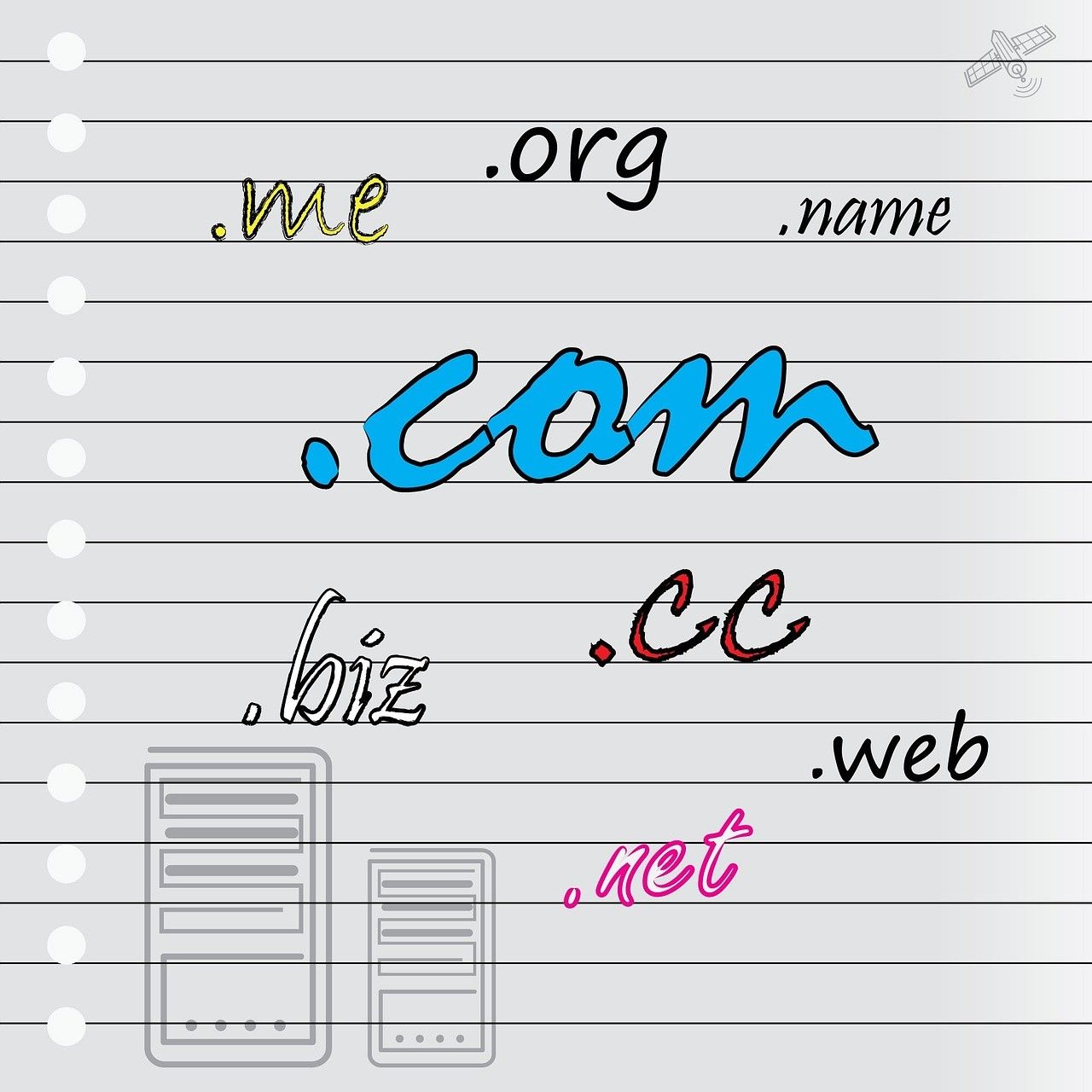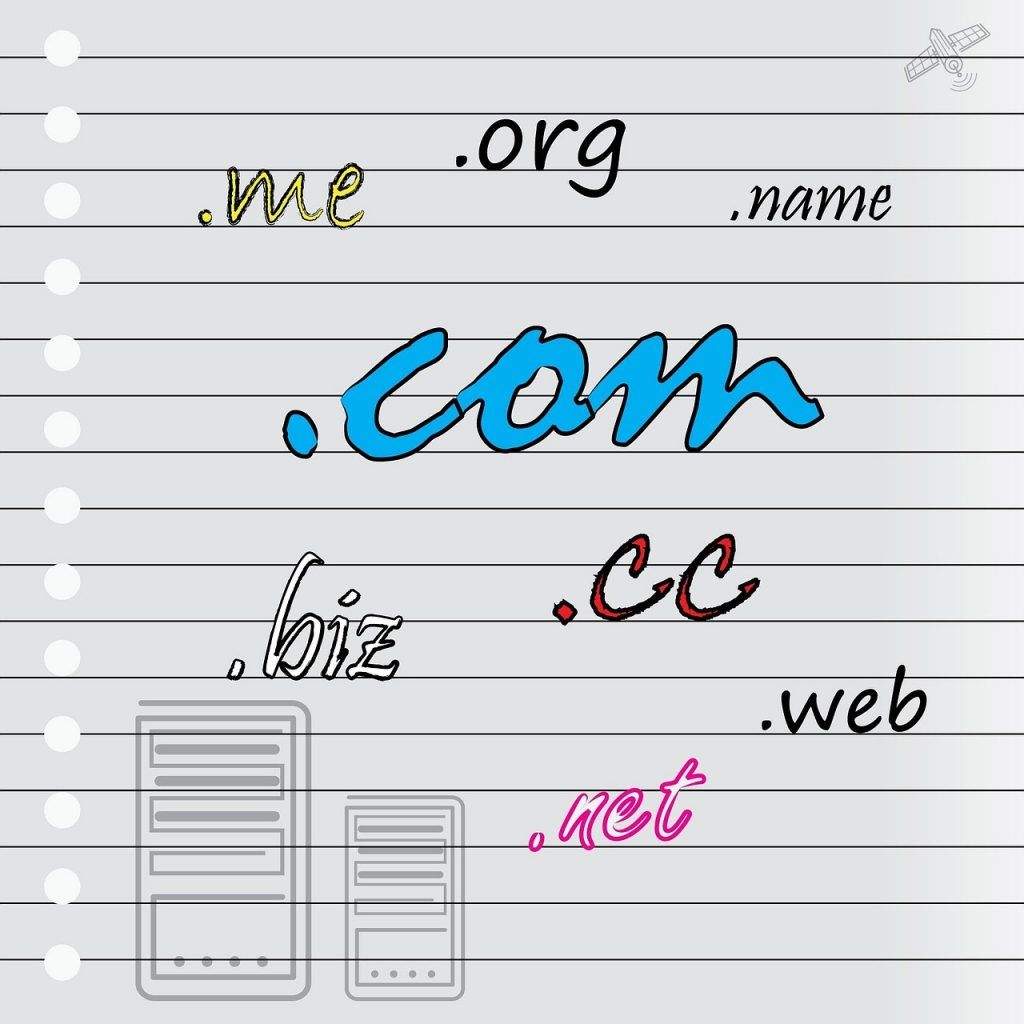
Four things you need to know when buying a domain name
Having a recognisable and relevant website name can impact on the success or failure of a business. So what are the key things to know when looking to buy/register a domain?

Image Credit
1. What is a domain name and how does it work?
A domain name is essentially what your visitors have to type in to the address bar of their browser to get to your website. Each website has what is known as an Internet Protocol (IP) address. These addresses consist of a series of numbers, so domain names are used instead because they are much easier to remember.
When a user enters a domain name into their browser, this connects the browser to the Domain Name System (DNS). The DNS then searches through a database to find that particular domain name and connects the user.

Image Credit
2. What type of domains are there?
There are several different domains, all of which have their own distinct properties.
Top-Level Domains (TLDs) are the three characters found in the middle of a website address. These are used to indicate what type of organisation the website is. As an example, ‘.edu’ stands for education so is used by educational establishments such as universities and schools.
Country Code Top-Level Domains (ccTLDs) are used to tell the website visitor where the organisation is based. They follow the TLDs and the most common are .uk (United Kingdom), .us (United States) and .cn (China).
There are hundreds of thousands of domain names available, such as the examples seen here https://www.names.co.uk/domain-names.
3. What makes a ‘good’ domain name?
This is a big topic on its own, but to summarise, the best domain names are unique, relevant, short, and meaningful. Research has suggested that the best domain names are less than 14 characters long. Depending on the uniqueness of your organisation’s name, you may not be able to find the domain name that is your ‘ideal’, so there is a possibility that you may have to opt for an acronym or a keyword that is synonymous with your service/product.
4. Who controls/regulates domain names?
When you register a domain, you are actually only renting it for a set time-period from a domain registrar, rather than buying it. ICANN (Internet Corporation for Assigned Names and Numbers) is the organisation responsible for the registrations of domains and also sets the prices for them.







